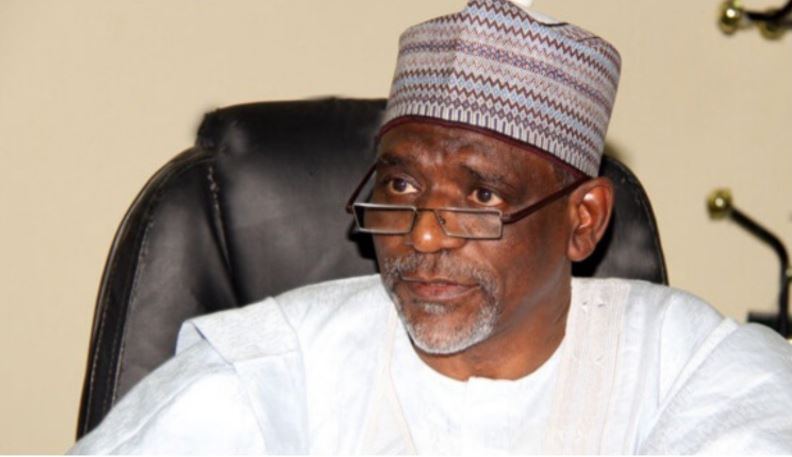Forty Nigerian doctorate scholars who won PhD scholarship grants under the Partnership for Science, Engineering and Technology Regional Scholarship Innovation Fund, have been left stranded due to the failure of the Federal Government to pay over $2 million in counterpart funding requested to process their admissions, among others.
The 40 PhD scholars are from the 2021 (third) and 2022 (fourth) sets of the programme.
The PUNCH reports that the PASET-Regional Scholarship Innovation Fund is funded by African governments, Korea, and the World Bank.
The initiative is mainly for PhD studies in African host universities and selected international partner institutions.
It is coordinated by the government of Kenya and scholarship priority is given to academics in African universities to develop their capacity when they return to their country.
ALPHA NEWS NG learnt that the Nigerian government, through the National Universities Commission, has always been responsible for reaching out to interested scholars.
Our correspondent reliably gathered that though the scholars under the third set were able to get into the programme, they are, however, currently stuck midway as the government failed to release the remaining funds to complete their studies, while the scholars in the fourth set have not been able to resume.
Speaking in an interview with our correspondent on the condition of anonymity, some of the scholars noted that they have written letters to different agencies on the matter.
One of the scholars said, “A call was made by PASET-RSIF through the NUC last year to Nigerian universities. It was the fourth call for the fourth year cohort. Nigeria has been part of the partnership since the second cohort.
“The 21 applicants that were selected after the competitive application process since September last year were under Nigerian government funding. We have not been able to partake because we were told that Nigeria has not paid the counterpart funding needed for us to start our studies.”
Another student, who is a lecturer in a federal university, also said, “Our mates from other countries have resumed, but up till this moment, the funds have not been released by the Nigerian government. We have made efforts. We formed a WhatsApp group in order to find a way forward.
“At first, we did not know of the government agency in charge of our programme, so we wrote to the NUC, TETFund, Ministry of Finance, Education, and others. Along the line, we were able to discover that the agency in charge is the Nigerian Research and Education Network, housed within the NUC.
“Later along the line, we learnt from some contacts in Kenya and Nigeria that the amount was $2 million.”
A scholar under the third cohort told our correspondent that she had concluded her coursework but could not continue as the government failed to release other outstanding funds for the continuation of the programme.
“We started our first year of the PhD, concluded our course work, but the government failed to release other funds for us to proceed with our thesis. We are stuck midway because we cannot proceed if the other funds are not released,” she said.
The scholarship recipients have been notified, with the exception of those funded by the Nigerian government, according to a document obtained by our correspondent from PASET. Scholarship funding from Nigeria is not yet confirmed, and therefore, scholarship recipients from Nigeria and/or funded by Nigerian funds should wait for confirmation.
When our correspondent reached out to the Project Manager, NGREN, Dr. Joseph Attah, he simply said, “Let the scholars follow up on their letters that they wrote.”
Attempts to reach the NUC Executive Secretary, Prof Abubakar Rasheed, proved abortive as calls and messages directed to his line remained unanswered as of the time of filing this report.

